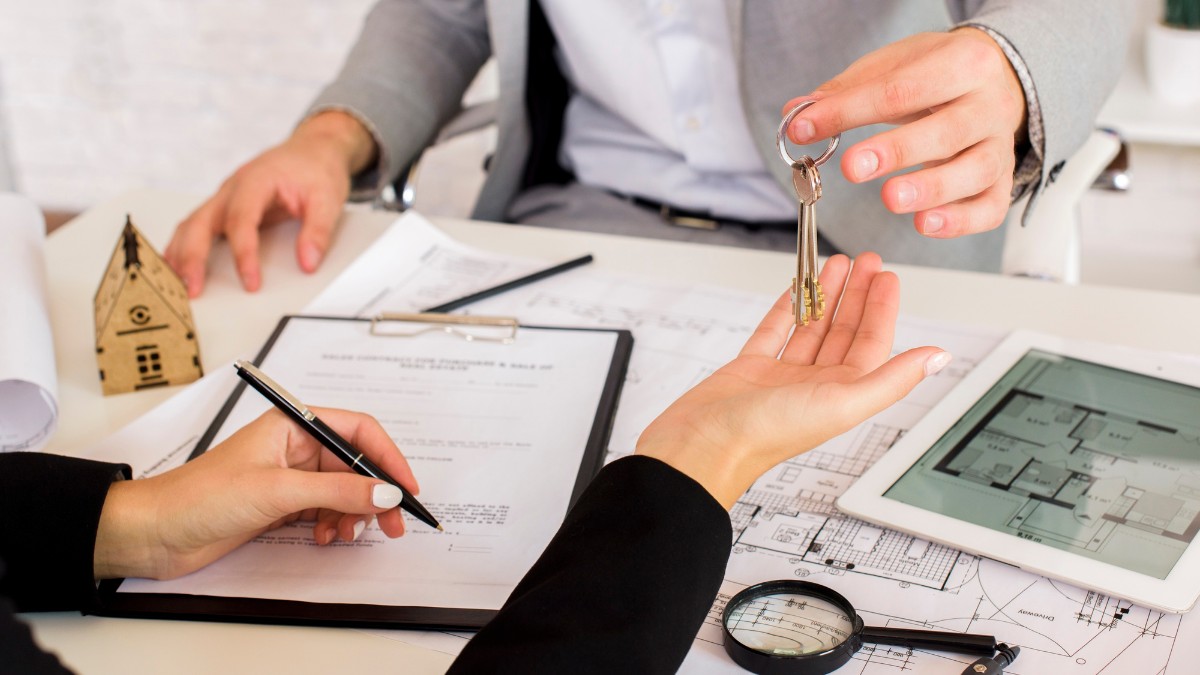
Buying a business is a considerable undertaking. But when you combine it with real estate, it becomes even more challenging. Sometimes the seller may require you to acquire both. Other times you may have the option to lease instead of buying the building. So, how do you decide which option is best? Let’s look at three things to know before buying a business that includes real estate.
Value the Business Separately From the Real Estate
A business seller can bundle the price of the building with that of the business. But separating the two can help you arrive at a more accurate price. That said, valuing the property may present challenges if there are no similar buildings in that area. Here, opt for the services of an independent property valuer to help you with the process.
You can check the historical financial records of the seller to see the book value of the premises. Then you can make adjustments for depreciation and inflation. After all, if you want a mortgage, the lender will want to know the real estate value.
On the other hand, valuing the business is much easier. You can use past financial records to determine potential income from the business. Plus, you’ll have to do your research to see what the business can make after restructuring.
Evaluate Your Financing Options
Your financial strength determines whether you can buy the business together with the real estate. Buying the whole package is expensive in the short term but cheaper in the long term. If you believe the business is in the best location, you might want to buy the real estate. But if you think the price is too high, there are a few ways around it.
First, you can lease the property from the seller and agree to buy it at a future time. In this case, it’s best to include a “right of first refusal” clause in the contract. According to this clause, the seller can’t sell the property to another person without first offering it to you.
You can also buy the building immediately if you have financing options. Here, the seller may allow you to pay in installments. And your banker may agree to give you a mortgage. If you can prove the business is a going concern, your banker can be more willing to lend you.
Consider the Cost of Property Ownership
Buying commercial real estate costs more than just the original price. You have to pay property taxes, insurance, and maintenance expenses. These are regular expenses you pay in addition to the mortgage. But there are unforeseen expenses that fall on you as the owner.
Natural disasters like floods can cause damage to the premises. As the property owner, it’s your responsibility to restore water-damaged property. But as a tenant, that burden may not be yours.
Moreover, if annual ownership expenses exceed the cost of rent, you might want to consider leasing instead of buying. But you can also try to renegotiate the buying price with the seller after analyzing all the information.
The Bottom Line
Before buying a business that includes real estate, you need to value the two separately. If you buy both, it might take longer to pay the mortgage. But in such a setting you’ll have protection against future increase in the property’s value. Owning the real estate means you’ll be responsible for property taxes, insurance, and maintenance. Ultimately, the decision to lease or buy the real estate may depend on the cost and the terms of sale.




